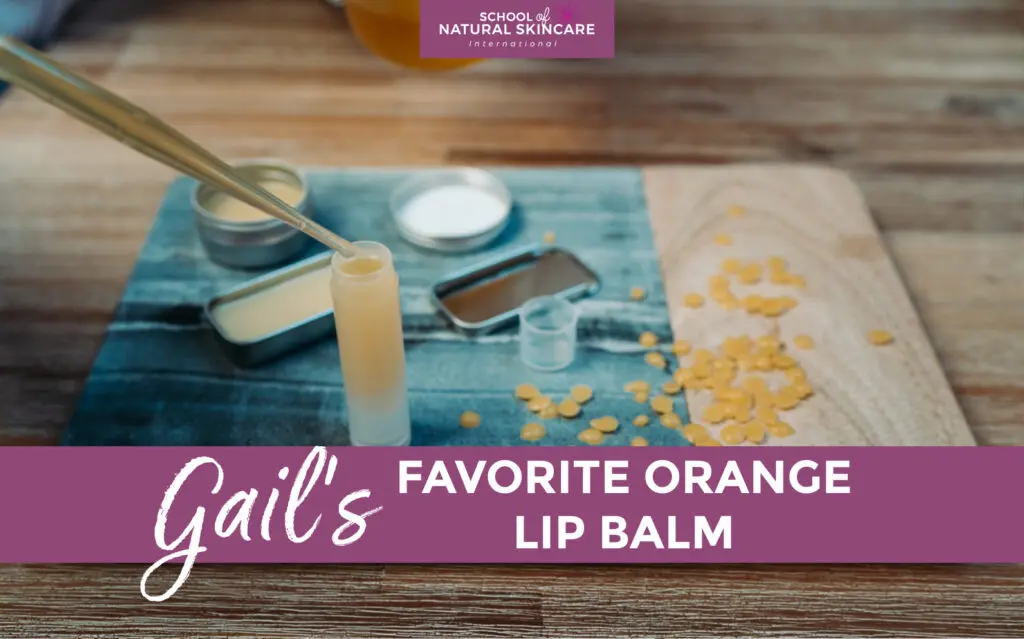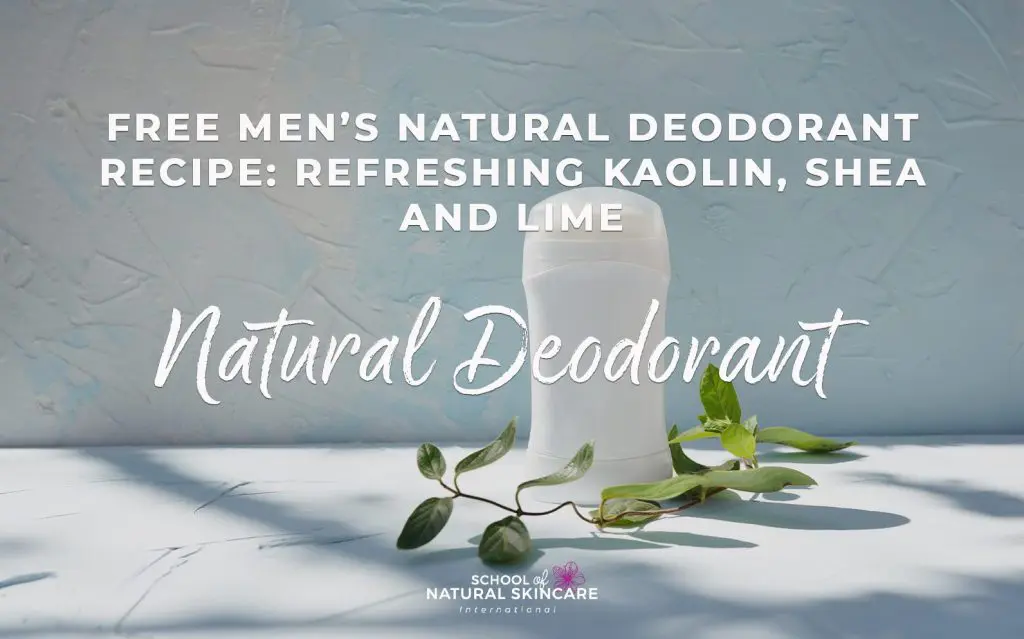How and why should you exfoliate skin naturally? That’s what we’ll be exploring today.
At its most basic, exfoliation works by sloughing off dead skin cells from the outermost layers of the stratum corneum. Why is this important? Here are some benefits…
Why exfoliate skin naturally?
The benefits include:
- Removes dead skin cells.
- Increases cell turnover.
- Evens tone and fades discolouration; helps with hyperpigmentation.
- Unclogs pores.
- Improves skin texture; leaves skin feeling smooth and soft.
- Reduces appearance of lines and wrinkles.
So now you know why it’s important, here’s how you can exfoliate your skin naturally.
How to exfoliate skin naturally
There are two main methods for exfoliating skin naturally – one is using chemical exfoliants and the other mechanical exfoliants.
What on earth does this mean?
Mechanical exfoliation utilises ingredients with an abrasive texture which are rubbed onto the face or body to remove dead skin cells. You can also use cleansing brushes which have the same effect.
Chemical exfoliation uses natural acids such as AHA (alpha hydroxy acids) and BHA (beta hydroxy acid) to exfoliate the skin. The benefit of these over mechanical exfoliants are that they can reach a deeper level of the skin, notably, BHA (salicylic acid) penetrates further into the pores meaning it helps with blackheads and acne.
While chemical exfoliation sounds like it may be harsh on the skin it can actually be more gentle than using an abrasive, mechanical exfoliator depending on the acids and the level in which you use them.
You can create both rinse-off exfoliating products such as cleansers and masks and leave-on exfoliating products such as toners and serums.
3 ways to exfoliate your skin naturally for a glowing shine
1) Use an exfoliating cleanser or mask
It’s quick and simple to combine powdered natural ingredients to create a cleanser or mask that exfoliates your skin naturally. These utilize mechanical exfoliation and chemical exfoliation too if you wish. Many different ingredients can be used depending on how abrasive you wish your product to be. Some useful natural ingredients that exfoliate on a mechanical level are:
- Oats or oatmeal.
- Ground rice/rice powder.
- Ground almond/almond meal.
- Bamboo powder.
- Fruit seeds, eg strawberry, raspberry.
Of these ground oats and almonds are among the more gentle mechanical exfoliants and fruit seeds the most abrasive.
Powdered ingredients that exfoliate on a chemical level include:
- Milk powder.
- Fruit powders – such as pineapple powder and lemon powder.
These are ways to use natural acids in milk and fruit in your formulations to help exfoliate on a chemical level.
Two recipes you may like for creating cleansers and masks to exfoliate your skin naturally are Oat, Milk and Almond Cleansing Grains or Detoxifying Face Masks.
2) Use an overnight AHA toner
You can create a really lovely exfoliating toner by combining hydrosols with water-soluble fruit acids and fruit extracts. This would be applied after cleansing at night. This uses fruits acids and extracts that contain natural sources of AHA and BHA which offer exfoliating, toning, renewing and softening effects.
Check out our recipe for an AHA Exfoliating Toner here.
Using AHAs will make skin sensitive to sunlight, so it is important to use this toner at night – it will work overnight to deliver the benefits while the skin repairs itself. (And it is always recommended to use a high-SPF during the daytime!)
3) Use an AHA serum at night
For a more sophisticated exfoliating product consider making an AHA resurfacing serum, which will have a superior skin feel. If you have your own natural skincare brand, serums are a very beneficial addition to your range as they are considered a premium product that customers are prepared to pay a premium for (and can, therefore, result in excellent profit margins). We share a formula for an Exfoliating Bi-phase Serum with AHAs in our Advanced Certificate in High-Performance Serum Formulation.
A range of natural AHAs and BHA can be included in your formulation such as glycolic acid, malic acid, salicylic acid and lactic acids. The acids you choose to use will depend on your desired outcome.
To learn more check out these courses:






